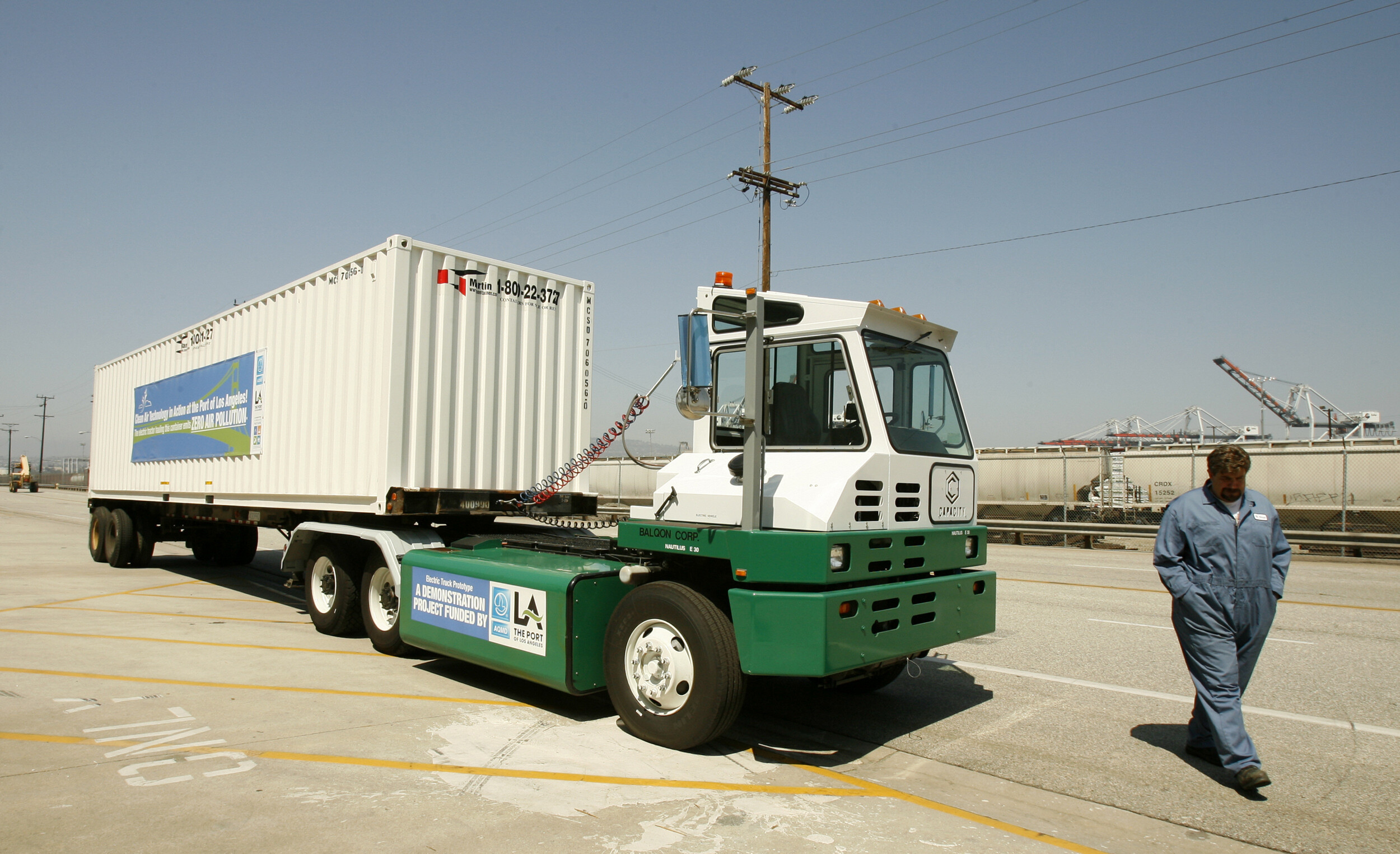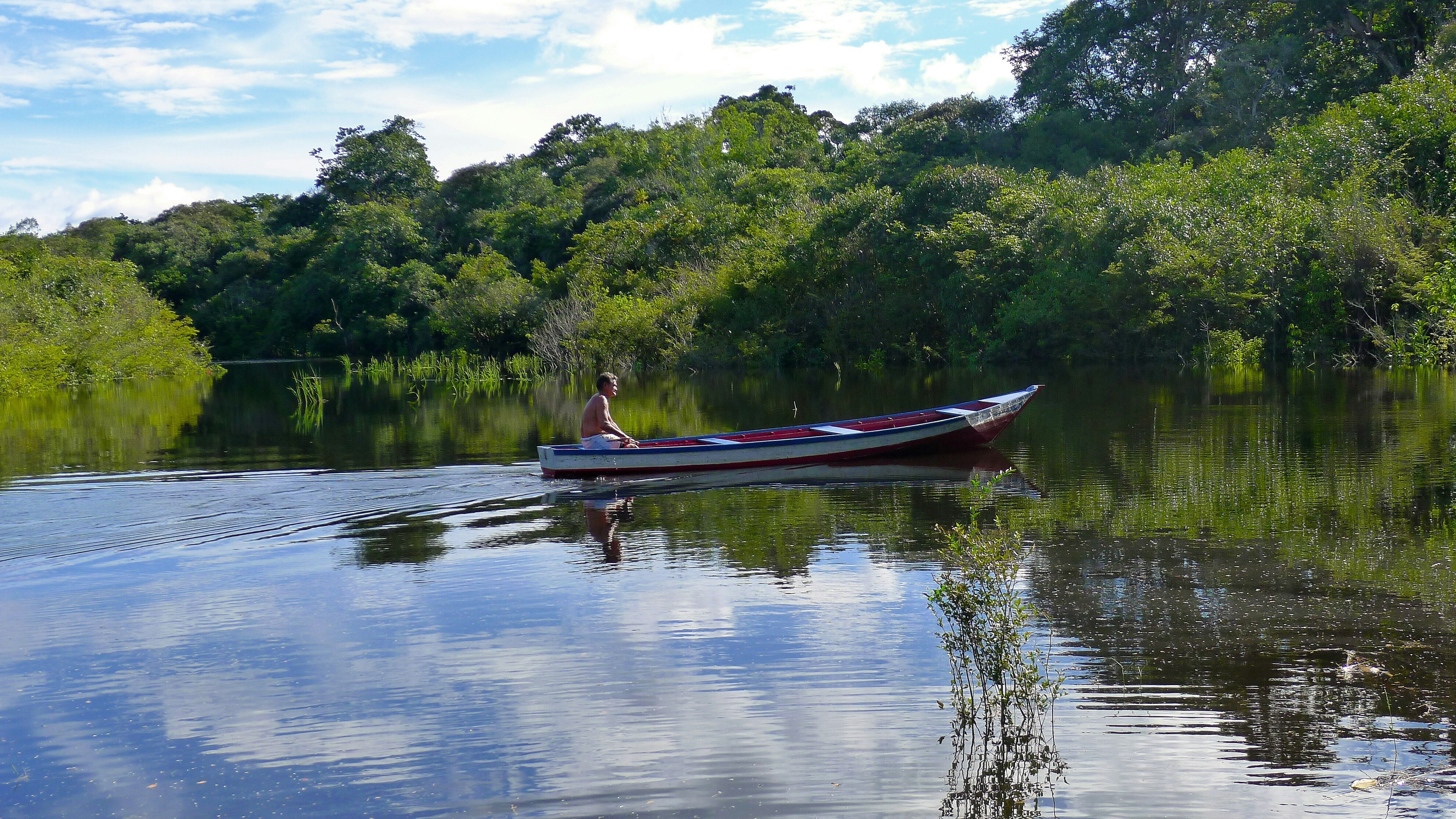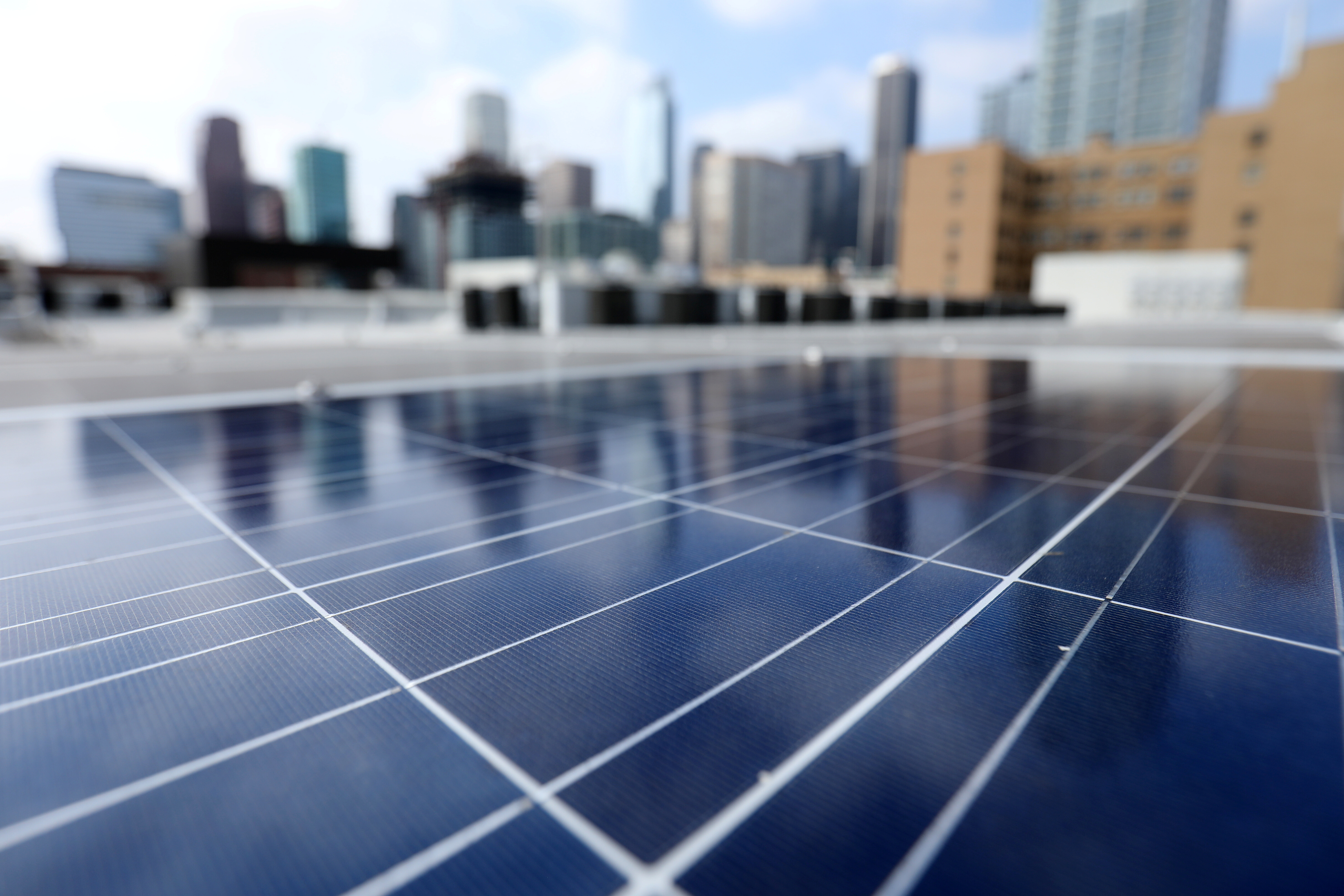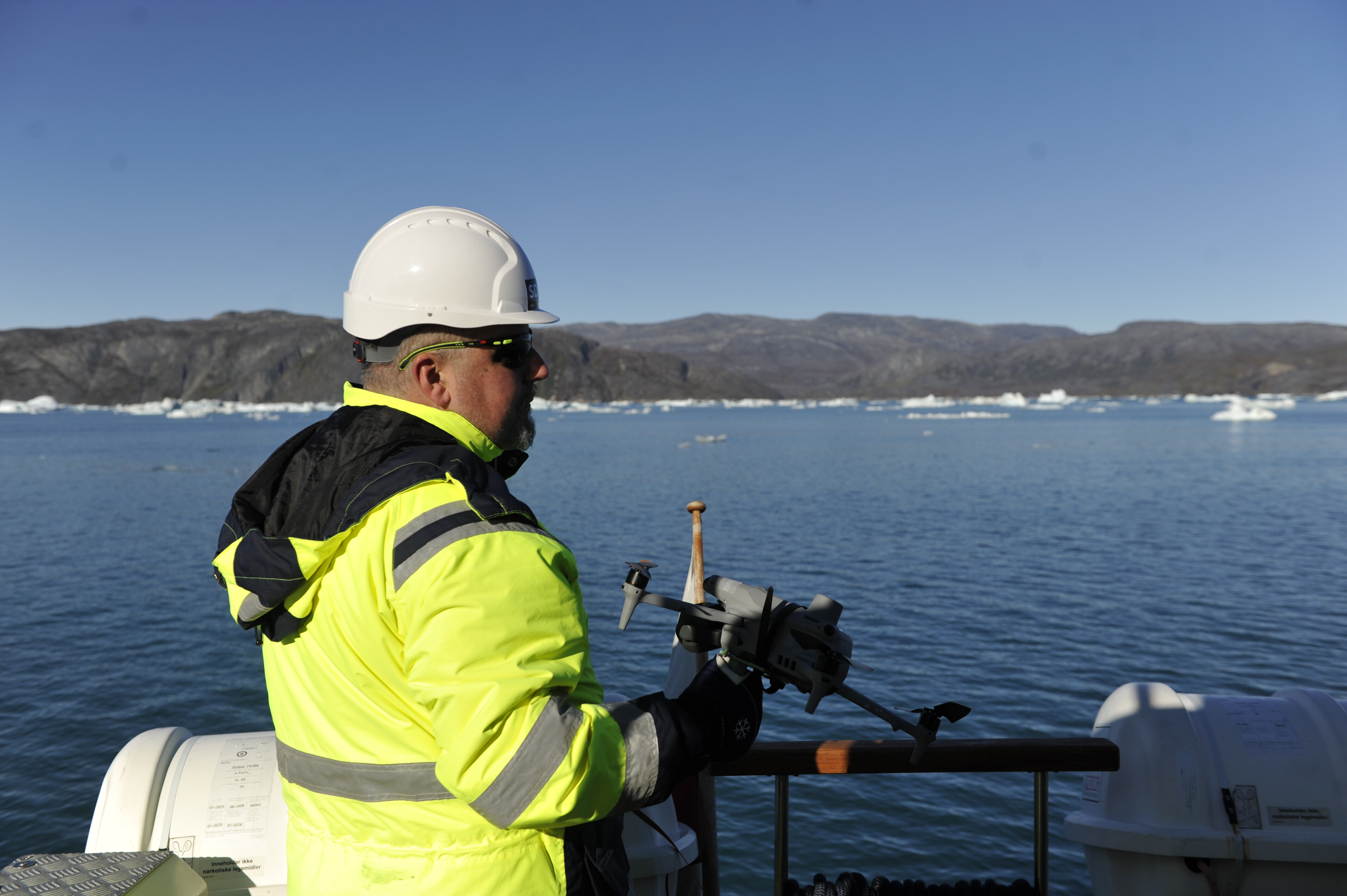What you need to know about Davos 2020: How to save the planet

Floods after heavy rains in Jakarta, Indonesia, January 2, 2020. Image: REUTERS/Willy Kurniawan
- Climate change action is needed more than ever.
- In 2020, countries must show progress on the Paris agreement.
- The finance sector is under scrutiny to reduce investments in fossil fuels.
As the year began, vast tracts of Australia were burning, Jakarta was under water, while Norway recorded its warmest January day ever.
Extreme weather events have long been forecast as the result of global climate change, caused by emissions of greenhouse gases that trap heat in the atmosphere.
What's happening now is the result of a 0.9C increase in global temperatures that has already occurred since pre-industrial times. If that rises to 2C, as it is set to do without rapid action to cut emissions, the results will be much worse. This is a climate crisis, and risks becoming a climate "apocalypse".

"Averting a Climate Apocalypse" is one of the main sessions at the World Economic Forum's Annual Meeting at Davos this month, where delegates will seek ways to avert a full-blown catastrophe.
How is the World Economic Forum facilitating the transition to clean energy?
We know the problem. So what are the solutions?
Energy transition
The main greenhouse gas is carbon dioxide (CO2), a byproduct of burning fossil fuels - coal, oil and gas - which have locked vast amounts of carbon away since prehistoric times. A move away from these fuels has been dubbed the energy transition - a shift to relying on other forms of energy, including renewables like wind and solar power.
But with ever-increasing demand for energy, can the transition happen quickly enough to avert a climate disaster? Despite record amounts of renewable energy, global CO2 emissions surged by 0.6% in 2019.
The answers will also include a focus on energy efficiency, changes to the way we produce and consume goods and finding ways to remove carbon from the atmosphere.
What's the World Economic Forum doing about the transition to clean energy?
Much of the change will be driven by political decisions, as governments seek to fulfill pledges they made under the Paris Agreement. Signatory countries will have to show each other - and their citizens - what progress they have made at a climate conference in Glasgow in December, five years on from the Paris deal.
And despite the Trump administration's decision to withdraw from the deal, many major US companies are taking steps to curb their emissions.
Follow the money
Writing for the World Economic Forum, veteran climate campaigner Jennifer Morgan says the worlds of business and finance are heading for another crash if they don't make big changes on the climate.
"We need $90 trillion over the next 10 years to achieve the goals of the Paris Agreement and the 2030 Agenda for Sustainable Development. Yet fossil fuels still attract nearly three times more subsidies than climate solutions," writes Morgan, Executive Director at Greenpeace.
"To continue financing fossil fuel expansion is today’s equivalent of betting the bank - and the global economy - on subprime mortgage-backed securities over a decade ago; it is fuelling a crisis that, even if it generates short-term profit, will inevitably cause economic catastrophe alongside the climate emergency."
One possible cause for optimism is the appointment of Bank of England Governor Mark Carney as UN Special Envoy for Climate Action and Finance.
Carney will be in Davos, along with heads of industry and government, academics and climate campaigners like Greta Thunberg. The teenage activist told last year's meeting she wanted world leaders to “panic” at the seriousness of the situation.
It's not just the climate
While climate change is the biggest environmental threat to humanity, there are many others. Davos 2020 will tackle major threats to biodiversity on land and in the sea, including plastics pollution, an area in which the Forum aims to play an influential role.
You can follow all the sessions from Davos here, and follow the meeting across social media using the hashtag #WEF20. Highlights about the environment will appear here. And you can submit your own ideas on how to save the planet - and six other ways to make the world a fairer place - here.
Here are three of the top sessions to look out for:
Averting a Climate Apocalypse, Tuesday 21 January 13.00 - 13.45, with Greta Thunberg
Solving the Green Growth Equation, Tuesday 21 January 16.00 - 16.45 with Mark Carney and Jennifer Morgan
Securing a Sustainable Future for the Amazon, Wednesday 22 January 14.00 - 14.40 with former US Vice President Al Gore, naturalist Jane Goodall and Colombian President Ivan Duque
Don't miss any update on this topic
Create a free account and access your personalized content collection with our latest publications and analyses.
License and Republishing
World Economic Forum articles may be republished in accordance with the Creative Commons Attribution-NonCommercial-NoDerivatives 4.0 International Public License, and in accordance with our Terms of Use.
The views expressed in this article are those of the author alone and not the World Economic Forum.
Stay up to date:
How to Save the Planet
Related topics:
Forum Stories newsletter
Bringing you weekly curated insights and analysis on the global issues that matter.
More on Climate Action and Waste Reduction See all
Wee Kean Fong and Yvonne Zhou
November 19, 2025








